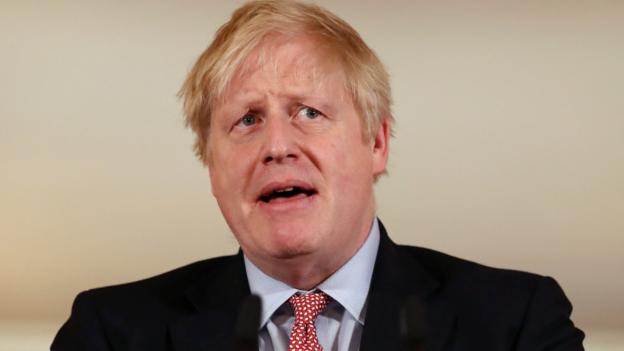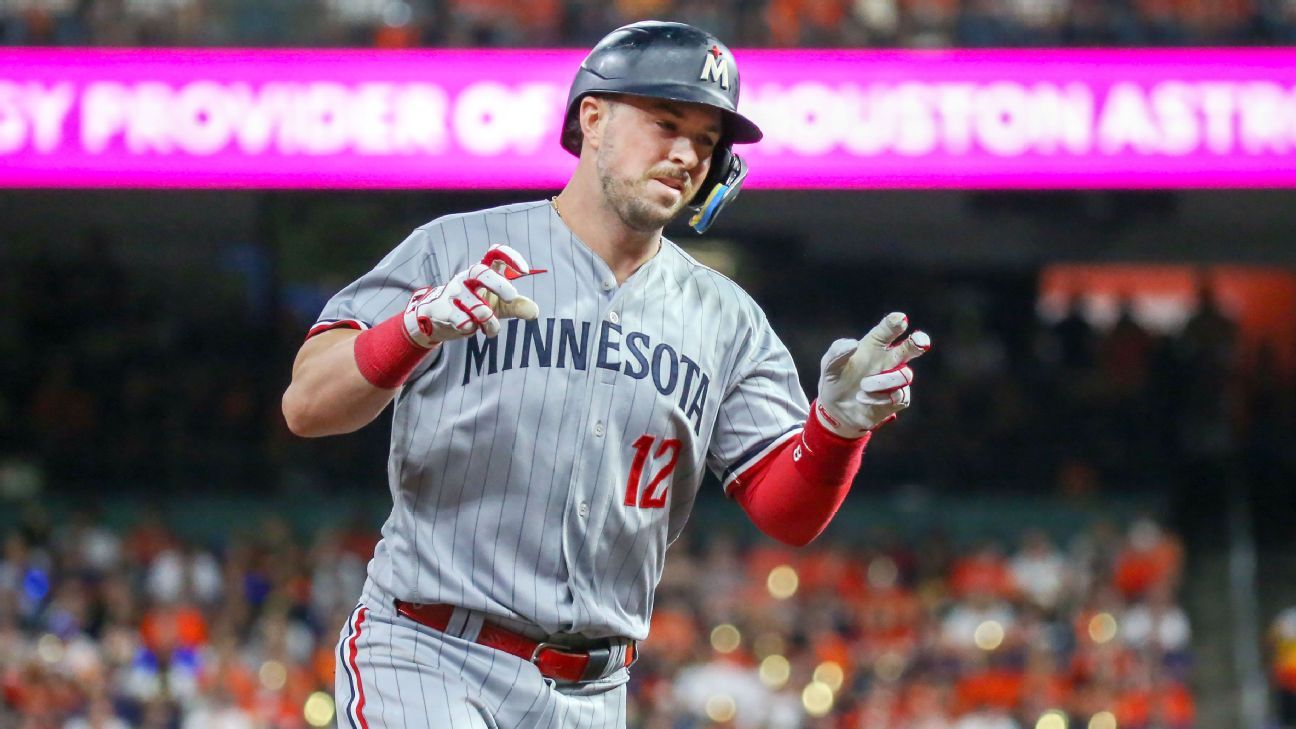
The UK government is considering banning sporting fixtures amid the coronavirus outbreak - but it will not happen immediately.
On Thursday, Prime Minister Boris Johnson said the UK will move to the "delay" phase of its plan to tackle the virus.
There have been 596 confirmed cases across the UK, and 10 deaths.
"We are considering banning major public events like sporting fixtures," said Johnson.
"The scientific advice is this has little effect on the spread - but it does place a burden on other public services."
Johnson added: "We are guided by the science; there is no medical reason at the moment to ban such events.
"We are not saying no to that sort of measure, we are keeping it up our sleeves. But it is very, very important in order to maximise our interventions that we get the timing right."
Chief scientific adviser Sir Patrick Vallance said cancelling sporting events is not a "major way to tackle this epidemic".
"Of course there is a risk," he said. "But on average one person infects two or three others.
"You therefore have a very low probability of infecting a large number of people in a stadium, or a rather higher probability of infecting people very close to you, and that means most of the transmission tends to takes place with friends and colleagues in close environments, not in the big environments.
"It is true that any cancellations of things can have some effect (but) if you then get a displacement activity, when everyone congregates somewhere else, you may have perversely an increased risk, particularly in an indoors environment.
"So it doesn't mean you should at some point make the decision for the resilience point that has been discussed, but this is not a major way to tackle this epidemic.
"The major ways are to try and reduce and delay the transmission across households and people who have become infected and that why that is the concentration of the first actions."
How has coronavirus affected sport across the world?
European football's governing body Uefa has called an emergency meeting for Tuesday in which the possibility of postponing Euro 2020 by one year is an option being discussed.
Seven of the tournament's matches are set to take place at Wembley Stadium in London, while others are due to be held in Glasgow and Dublin.
Top flight football in Spain, Italy, Portugal, the Netherlands and the United States has been suspended amid the outbreak, while Manchester City's Champions League last-16 second leg tie against Real Madrid, due to take place on Tuesday, has been postponed.
City defender Benjamin Mendy is self-isolating as a precaution after a member of his family was admitted to hospital displaying symptoms of coronavirus, while three Leicester City first-team players are also self-isolating after showing symptoms of the virus.
However, the Premier League says this weekend's games "will go ahead as scheduled".
"We are continuing to work closely with our clubs, government, the FA, EFL and other relevant stakeholders to ensure appropriate contingency plans are in place as and when circumstances change," it said in a statement.
"The welfare of players, staff and supporters is of paramount importance and we will continue to follow Public Health England guidelines thoroughly."
In the EFL matches will also "continue to take place as normal".
The EFL said in a statement: "The EFL, however, will continue to work with government and relevant stakeholders to further develop contingency plans to ensure the league is best placed to act as and when any potential restrictions may come into force."
Ireland's FA has announced all football under its jurisdiction has been suspended until 29 March.
Fifa has postponed the South American qualifiers for the 2022 World Cup, which were due to take place between 23-31 March.
Elsewhere in sport, the Australian Grand Prix has been called off while tennis' ATP Tour has shut down for six weeks.
In rugby union, the Pro14 season has been suspended indefinitely while the NBA and NHL have suspended their seasons. The MLB has delayed the start of its season by two weeks.















 Phone: (800) 737. 6040
Phone: (800) 737. 6040 Fax: (800) 825 5558
Fax: (800) 825 5558 Website:
Website:  Email:
Email: 






